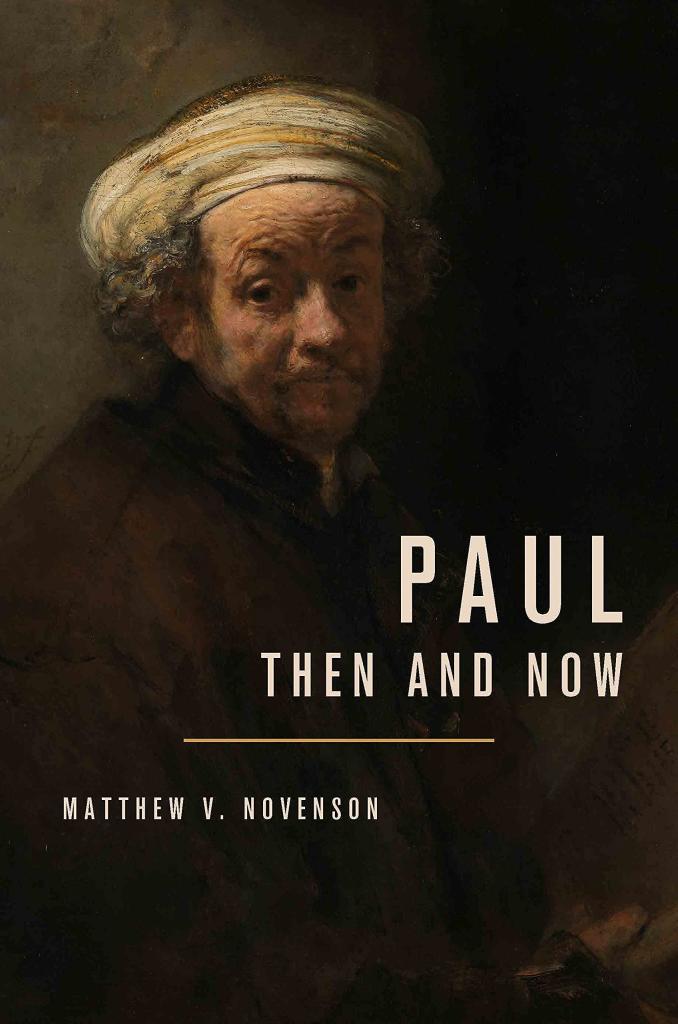Q. One of the issues you bring up at various points in your new book is what I would call the problem of anachronism. This can involve reading one’s own ideas into the text of Paul’s letters, but it can also involve taking some of Paul’s thoughts out of context and using them to construct one’s own theology (which one equates with Paul’s). I certainly grant that these things happen, but I don’t think it’s inevitable. While I agree that there is such a thing as an active reader, in my view there is also the possibility of some historical objectivity about things in the ancient past. As you say, the past is strange, or to quote a famous phrase “the past is like a foreign country they do things differently there”. To what degree do you think modern readers, even scholars, can be objective about Paul’s views, especially when we are talking about readers/scholars who have something at stake in getting Paul’s views right? I ask this question because I do think texts have meaning, and that meaning is frankly not in the eye of the beholder. Significance may be in the eye of the beholder, but these ancient texts have meanings whether we read them or not.
As you might guess, I am not a fan of Stanley Fish and his tribe. In fact, he was a professor at Duke when I was adjuncting there many decades ago, and I had to laugh when one day he got mad because someone had misinterpreted something he said— ‘that’s not what I meant’ he retorted. But if you deny that authorial intention matters, and suggest that words and texts are more like a Rorschach test looking at an ink blot (and so radical subjectivity) then you don’t get to tell readers of your own texts— ‘that’s not what I meant’! What I am asking besides the italicized question above is— what is your epistemology? Personally, I don’t think the scholarly enterprise is just a matter of ‘doing readings of Paul’. I think it is, when done fairly and rightly with correction from others, an attempt to think Paul’s thoughts after him, and understand him.
A. Once again, I think I partly agree with you. I argue in the book (in the first chapter, in particular) that a first-century historical-contextual reading of the letters is both possible and desirable. (Here I am quarreling with some friends and colleagues who have suggested that it is neither of these.) But I do not think that I, or anyone else, can attain straightforward objectivity about Paul’s letters, or about anything else. We can only read from within our own respective subjectivities. And that’s ok; we are only human. It does not follow, however, that we are doomed only ever to make ancient authors spokespersons for our own ideologies. We can, from within our own respective subjectivities, ask genuine questions together about the human past, which is what I try to do in this book. I can never see that past with perfect clarity, but together we can see a good bit of it with considerable clarity (taking your point above about receiving correction from other readers).













